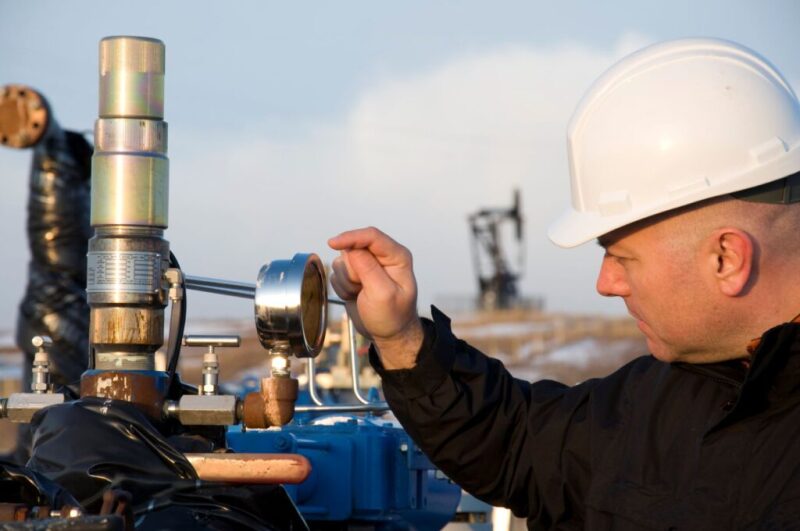Routine flaring in Texas is about to become a lot less routine.
This is according to the Texas Railroad Commission (RRC), the regulator of the largest producing state in the US, which announced this week that changes to its flaring application process will lead to reductions in flaring at wellsites and other facilities across the state.
Critics of the previous process have claimed that the state’s exemptions to long-term or routine flaring essentially allowed operators to flare unlimited quantities of gas. As of 2019, Texas regulators had never rejected an application.
Without changing any of the state’s rules, the new forms that oil and gas producers must file with the state will in many cases place stiffer limits on how long the flaring can go on. Some exemptions may be reduced by 50% to 80% from current allowable flaring durations, the RCC said in its announcement of the changes.
The RCC said it will also require more information from operators about why they are seeking to flare or vent gas. The new data will help the agency ensure operators are compliant with current rules as it relates to their reported production rates. While effective now, operators must start using the new form by 1 April 2021.
After that, all operators in Texas must show justification as to why wells cannot be shut in to avoid flaring or venting gas. This includes a requirement that operators explain why the gas cannot be sold or used for “other beneficial uses.” Notably, operators may have to submit data on pipeline availability and include an economic analysis on gas marketability to back up their case.
To make it easier for operators to file this information, the RCC is developing an online application process for flaring exemptions that will be ready in March 2021. The agency said the upgrade will strengthen its compliance audit abilities.
The agency said it will also provide new incentives to operators using flare-reduction technology.
One driver behind excess flaring in Texas has been the rapid growth of shale developments which in years past has outpaced the buildout of midstream networks that can carry produced gas to markets. Historically, Texas oil producers have struggled to find alternatives to flaring their associated gas because low gas prices offered little financial incentive to invest in the necessary handling infrastructure.
This trend has shifted, though, as an increasing number of Texas oil and gas producers have issued public commitments to reduce or eliminate routine flaring. Low oil prices are also driving these producers to produce less, either by curtailing developments or as was seen over the summer, shut in production.
The RCC noted in its announcement Texas producers flared less than 0.5% of gas produced in May. Average West Texas Intermediate that month was about $30/bbl, up more than $9 from April.


